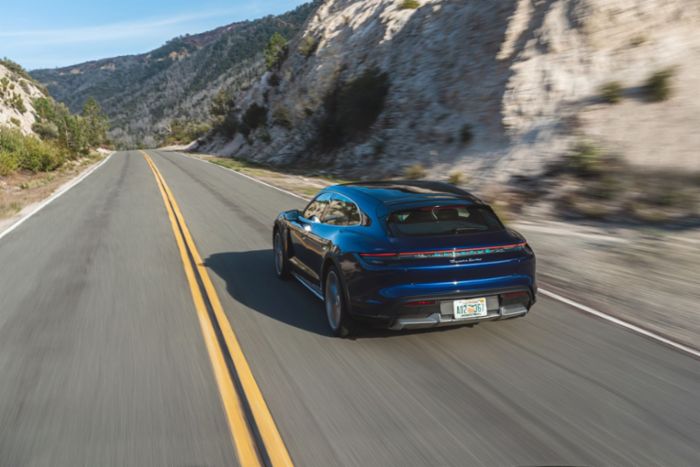I'm going to respond with just one off-topic comparison, if you'll allow me to indulge to respond to your comparison.
When tobacco use peaked in the mid-1960s, more than 40 percent of the U.S. adult population smoked cigarettes. [
NIH]
Annual per capita cigarette consumption increased from 54 cigarettes in 1900 to 4345 cigarettes in 1963 and then decreased to 2261 in 1998. [
CDC]
Governments at all levels banned smoking in restaurants, offices, and airplanes. The US states governments' lawsuit against Big Tobacco was settled for $206B. The result? Heavy-handed government mandates and legal actions really did curb smoking to the point where I can't think of the last time I saw a group of people smoking cigarettes. The Big Tobacco companies, not wanting to die, moved on to smokeless products and continue to make money.
This is to say that an EV mandate from governments globally are not going to cause decades' worth of ICE cars to disappear overnight. It will lead to a transition where ICE will fall out of favor among a substantial part of the population. Just as kids no longer think of Joe Camel or the Marlboro Man as cool, the generation (or two) after you & I may not find ICE cars (or cars at all) cool.
There's no dispute -- ICE cars have been successful. And so were tobacco companies, for an even longer period of time. The free market chooses quite a few things, but public policy and financial incentives / disincentives also power change.







